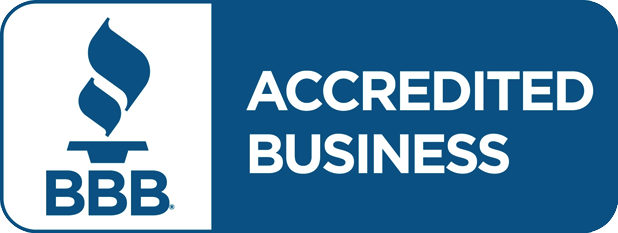Healthcare, medicine, and nursing are industries built on shifting sands. The evidence base is constantly evolving and morphing in regard to the diagnosis, treatment, and symptom management of various common and less than common disease processes. In fact, as soon as we think we understand one aspect of any disease relatively well, new evidence emerges causing us to question our previous assumptions. How can we ever keep up and consistently educate ourselves when the human body and its treatment are the fickle objects of our life’s work?
From cancer and diabetes to bipolar disorder and schizophrenia, there is always something new to learn, or some new research or evidence to examine. And not only do healthcare professionals want continuing education because of licensure and certification requirements – there are always those professionals who simply enjoy learning for the simple sake of accumulating new knowledge and understanding in the interest of their practice.
Ubiquitous Continuing Ed
Boards of nursing, medicine, and other complex disciplines generally require professionals to complete a certain amount of continuing education per multi-year certification or licensure cycle. This is the norm across professions, and the need for continuing education has been well-established and documented for decades.
Adding to one’s personal knowledge base is important for both work/career satisfaction and the maintenance of licensure and certification, and this becomes a career-long endeavor for those of us employed in the healthcare sector.
While live conferences and seminars are common ways to earn CE credits and learn and absorb new information, these can often be cost prohibitive due to the expense of travel, not to mention the entry fee for certain events, especially the largest and most popular conferences for nurses and other healthcare professionals. This is where online learning comes in.
The Breadth of Online Continuing Education
With the advent of the Internet and other digital technologies, earning continuing education no longer needs to involve brochures and tests distributed via the postal service. Such asynchronous learning with the timing of study chosen by the end user is the game changer that occurred with the introduction of online continuing education, and a vast number of credits are earned in this way.
Continuing education may involve new clinical information about disease processes and syndromes that healthcare professionals see on a regular basis – they may also present opportunities for learning about novel or rare conditions and their treatment.
Apart from physical diseases and how to approach them, CE courses may also offer opportunities to examine issues like suicide, motivational interviewing, domestic violence, substance abuse, and other important and timely psychosocial issues.
A Treasure Trove
Online continuing education represents a treasure trove of collective knowledge and opportunities for learning for healthcare professionals. In fact, the sharing of such knowledge is our number one defense against the shifting sands of healthcare.
As healthcare professionals, the value of continuing education cannot be overstated. Ignorance is the enemy of forward movement – alternatively, the accumulation of new knowledge casts light on our understanding and ultimately improves the delivery of care to the diverse populations we serve.



